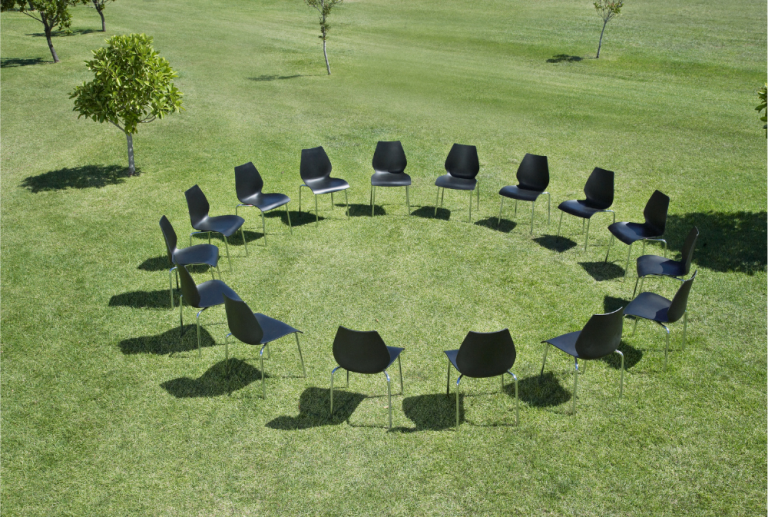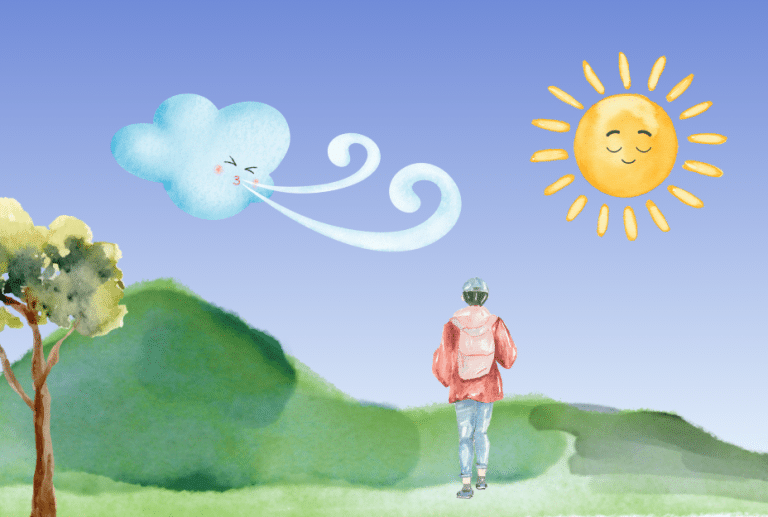“I had always thought that stress levels in people stemmed from emotional and cognitive loads, but the session helped me realise that people’s stress levels could be an impact of being sensitive to sensory stimuli.”
Not only did I gain awareness into my own sensory input, but I also developed a better understanding of my partner’s threshold for sensory information, which greatly differed from my own! I appreciated the benefits of understanding this difference from a more compassionate place.
Three days after completing the course, I found myself reflecting on the insights I gained and had a deeper realisation of my own sensitivities.
For years, my partner had said things like, “You are not sensitive to what is going on for other people…”, or had suggested that I was not aware of things going on around me. While I did acknowledge this at some level to myself, I had been greatly defensive about it to her. I did not want to admit that I was not sensitive to things.
However, after attending the sessions, I felt more in touch with my own understanding of this notion and was able to accept that I am not particularly sensitive to things unless I focus on them.
This also brought me to the realisation that having low sensory sensitivity has played a positive role in my life and allowed me to navigate through ups and downs more easily, without unnecessary worry that others may experience. In summary, I found the course to be greatly beneficial and insightful.
Written by Rick

The, ‘Making Sense of your Senses’ course is designed in a way that helps explore how external influences can affect us and how to make them work in our favour. There is a deep connection between our senses and mental health. The sessions throw light on sensory modulation techniques that will provide you with a renewed set of self-care techniques. A big part of Rick’s experience was developing the ability to understand his partner’s sensory profile.
What might it look like for you?


